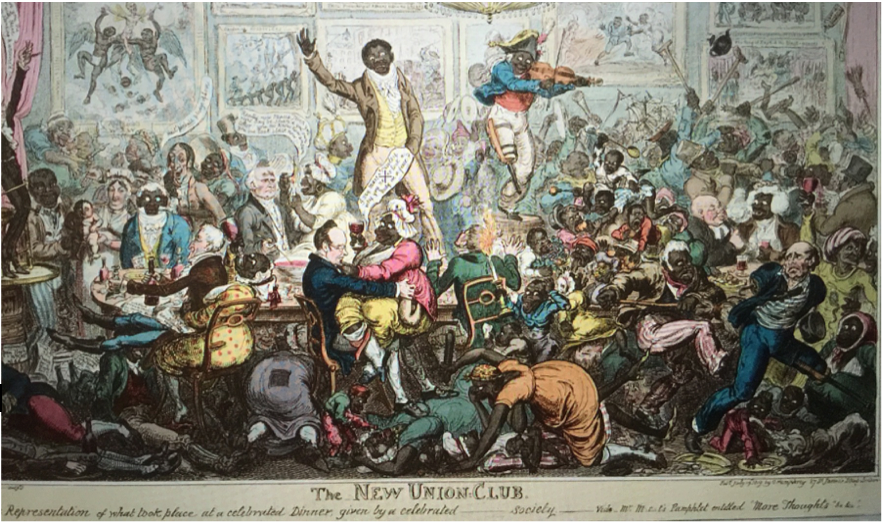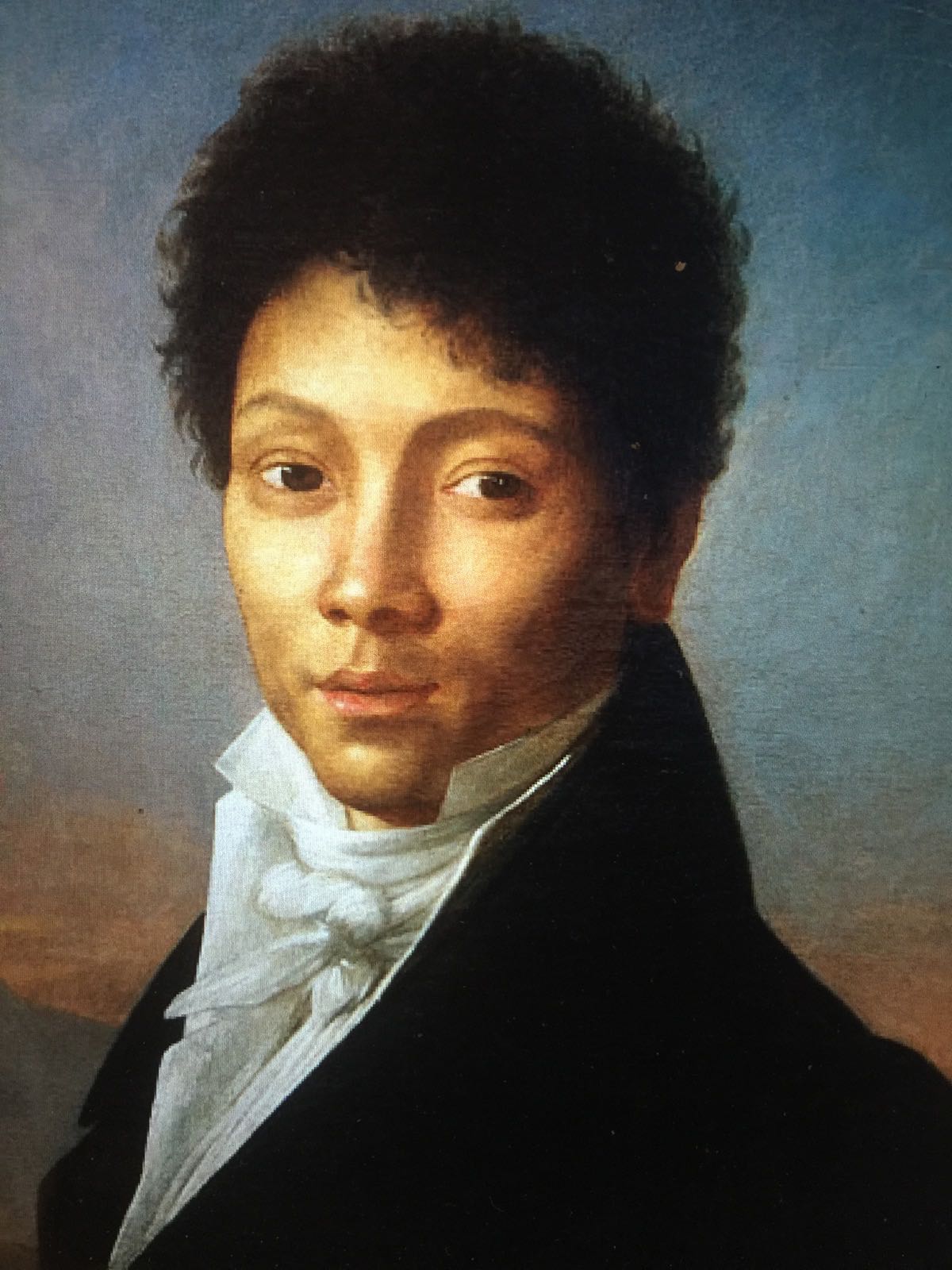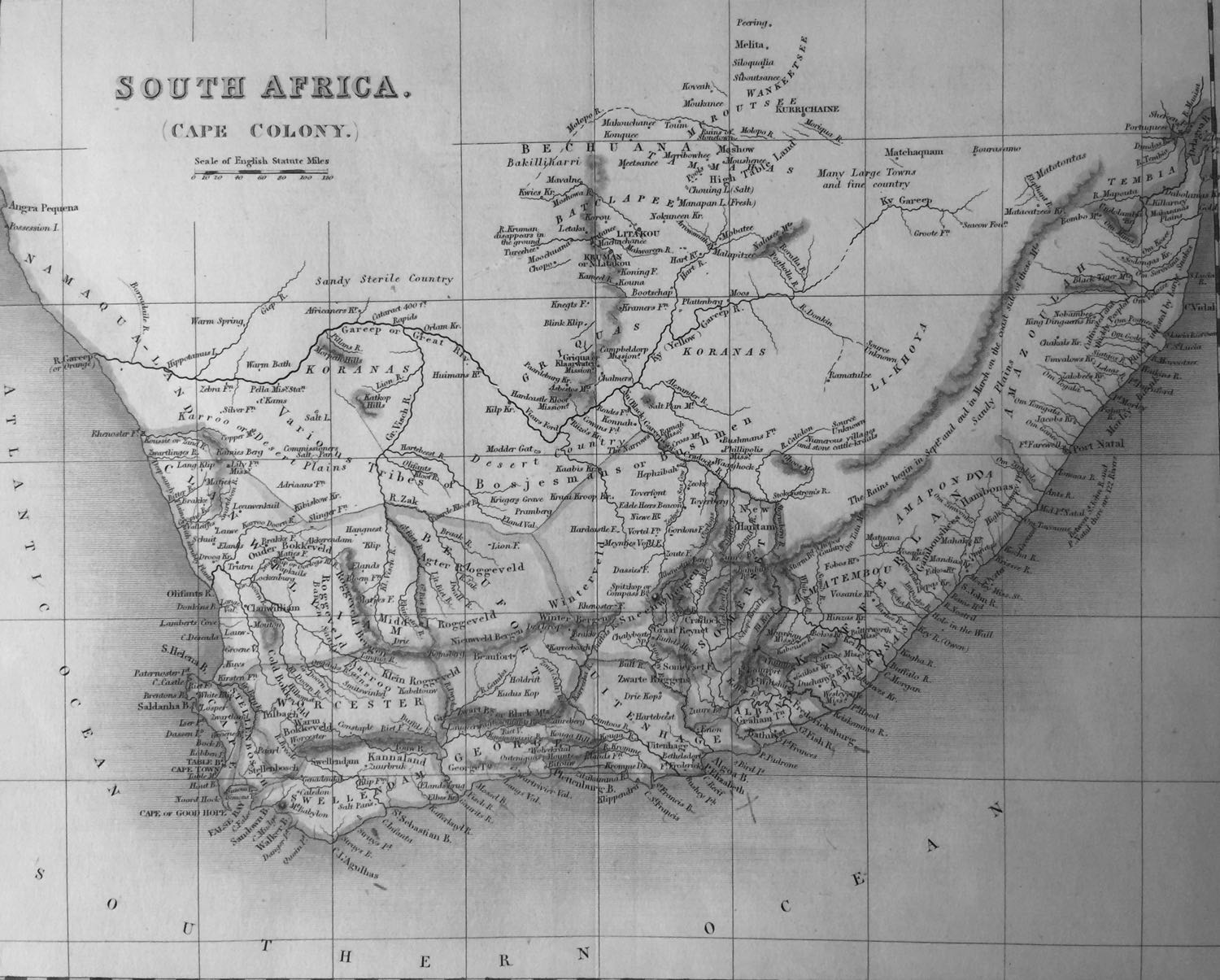Unveiling Love (14 page)
Authors: Vanessa Riley
Tags: #Regency Romance, #Regency Suspense, #IR, #BWWM, #Multi-cultural

Until this moment, she didn't realize how similar her Mama and Barrington were. No wonder neither loved her enough.
Gunshots rang out.
Barrington's gaze shot to the carriage window. The rain had stopped but low clouds still filled the sky. Traveling on the back roads held a certain amount of danger, but he always rode prepared.
He ran a finger along the knob fastening the compartment under the seat. James kept a gun oiled inside and stocked with plenty of bullet packets. He'd protect his wife from bandits. No one would ever have a chance to hurt her again. No rake or bandit.
Another gun belched. The sound was a high pitch squeal. That was a small weapon, one not built for war or highwaymen. He eased back onto his seat.
Amora rubbed her temples. "Mother must be practicing her pistols. She hasn't done that since Papa…in a long time."
As the carriage came to a stop, he spied Mrs. Tomàs traipsing from the orchards toward the large house. Her raven hair bounced with each step. The simple straw bonnet did a poor job of keeping her tresses orderly.
Coming from the direction of the big stable house, the unusual woman, with skin almost as dark as his, carried a flintlock and dangled it by her side. So unlike the fastidious lady of his memories, the one who belittled his stature, his race, his personal small fortune absent his grandfather's wealth, even his father's waywardness on their last meeting. For Amora, Henutsen Tomàs had wanted a man of noble blood like the Charletons or truthfully any white gentleman of means.
The heat in his lungs started to burn his nostrils. He extended his arm to Amora. "Last chance."
Chin high, she pushed past him and plodded up the steps to the wide portico. "Let's be done with this."
His feet became weighty lead. He held onto the door of the carriage. His plan to learn the truth no longer seemed like a good one. How much worse would he feel when Mrs. Tomàs confirmed his suspicions?
Or even worse.
What if she didn't and Amora was truly abducted, how would he make up for his lack of trust?
Thunder clapped. He tensed adding pressure to the bullet wound in his hip. A just reward for acting like a jealous fool and riding hours in a carriage. Shaking out his leg, he eased to the ground. "James, refresh the horses in the stables. This could take awhile."
His man nodded and moved the carriage forward. Barrington hurried and caught up to his wife.
"Mr. Norton, Amora? What are you doing here?" His mother-in-law set her gun down and wiped her hands on the sides of her dark colored walking dress. "I would have prepared something had I known."
Barrington step forward and bowed his head. "We've come to ask you questions."
"He came to ask questions." Amora moved behind him almost as if she hid.
What could she be afraid of? Mrs. Tomàs wasn't much taller than she. They shared similar body weights, nothing to fear.
"Mr. Norton, looks like you caught the bad end of a fight. But you look well, dear." The older woman swiped at her face and held her arms open, beckoning with nods for Amora to come.
Her daughter bristled and stepped away. She slunk to the corner and clung to one of the whitewashed posts supporting the covered roof. "Tell Barrington what happened."
Her voice sounded short, hot like fire. Then it died away in the increasing wind. She played with the buttons on her cream redingote. Three people stood on the portico. How could it be possible for her to seem so alone?
Mrs. Tomàs retrieved her shawl from a chair sitting against the wall. I've missed you, sweetheart. Let me get the cook to make you something to eat."
Undoing the strings of her egret feather bonnet, Amora kept her focus toward the thick grove of trees, the start of the Tomàs Orchards. "Get the papers. It's time to show him."
Tears dribbled down his mother-in-law's stoic face as she moved near her daughter and stroked her back. "Are you sure?"
"Yes. Barrington, follow her." The tone smoldered again, short, punctuated, determined. "Ask your questions. Find your truth."
He adjusted his spectacles. Part of him wanted to embrace his wife and tell her he'd changed his mind, but that wouldn't stop his questions. No, only the truth would.
He took note of her stiff posture, her expressionless gaze toward the trees. She didn't seem like one fearing exposure, but she didn't cry out her innocence either.
The Old Bailey would convict her.
Hadn't he?
Order the next
Episode
.
Author's Note
Dear Friend,
I enjoyed writing Unveiled Love because diverse Regency London needs its story told, and I am a sucker for a wonderful husband and wife romance. They need love after the vows, too.
These stories will showcase a world of intrigue and romance, a setting everyone can hopefully find a character to identify with in the battle of love, which renews and gives life.
Stay in touch. Sign up at www.vanessariley.com for my newsletter. You'll be the first to know about upcoming releases, and maybe even win a sneak peek.
Thank so much for giving this book a read.
Vanessa Riley
Many of my readers are new to Regencies, so I always add notes and a glossary to make items readily available. If you know of a term
that should be added to enhance my readers' knowledge, send them to me at:
[email protected]
. I will acknowledge you in my next book.
Here are my notes:
Mulatto Barristers
I couldn't find definitive proof of one, but that does not mean it was impossible.
Connections and success bent rules. Such was the case for William Garrow (1760-1840). He was not born a gentleman and didn't go to the best schools. Yet, his success in the courts rewrote how trials would be performed. He introduced the premise, "presumed innocent until proven guilty," and rose to become Solicitor General for England and Wales.
Free blacks in 1800's English Society
By Regency times, historians, Kirstin Olsen and Gretchen Holbrook Gerzina, estimate that Black London (the black neighborhood of London) had over 10,000 residents. While England led the world in granting rights to the enslaved and ending legal slavery thirty years before the American Civil War, it still had many citizens who were against change. Here is another image from an anti-abolitionist.
The New Union Club Being a Representation of what took place at a celebrated Dinner given by a celebrated society – includes in picture abolitionists, Billy Waters, Zachariah Macauley, William Wilberforce. – published 19 July 1819. Source: Wiki Commons

Inter-racial marriages occurred.
The children known as mulattos lived lives on the scale of their education and wealth. Examine this painting. Portrait of a Mulatto by
FABRE, François-Xavier. It
is from 1809-1810. Portraits were indicative to status and wealth. My screenshot of the image the art once displayed at Arenski Fine Art, LTD London. More information can be found at
http://maryrobinettekowal.com/journal/images-of-regency-era-free-people-of-colour/
.

This painting of an interracial couple and child,
Pintura de Castas
, from Spaniard and Mulatto, Morisca (1763).
Where love exists barriers fade.

Slavery in England
The emancipation of slaves in England preceded America by thirty years and freedom was won by legal court cases not bullets.
Somerset v Stewart (1772) is a famous case, which established the precedence for the rights of slaves in England. The English Court of King's Bench, led by Lord Mansfield, decided that slavery was unsupported by the common law of England and Wales. His ruling:
"The state of slavery is of such a nature that it is incapable of being introduced on any reasons, moral or political, but only by positive law, which preserves its force long after the reasons, occasions, and time itself from whence it was created, is erased from memory. It is so odious, that nothing can be suffered to support it, but positive law. Whatever inconveniences, therefore, may follow from the decision, I cannot say this case is allowed or approved by the law of England; and therefore the black must be discharged."
E. Neville William, The Eighteenth-Century Constitution: 1688-1815, pp: 387-388.
The Slavery Abolition Act 1833 was an act of Parliament, which abolished slavery throughout the British Empire. A fund of $20 Million Pound Sterling was set up to compensate slave owners. Many of the highest society families were compensated for losing their slaves.
This act did exempt the territories in the possession of the East India Company, the Island of Ceylon, and the Island of Saint Helena. In 1843, the exceptions were eliminated.
The Regency
– The Regency is a period of history from 1811-1825 (sometimes expanded to 1795-1837) in England. It takes its name from the Prince Regent who ruled in his father's stead when the king suffered mental illness. The Regency is known for manners, architecture, and elegance. Jane Austen wrote her famous novel,
Pride and Prejudice
(1813), about characters living during the Regency.
England
is a country in Europe. London is the capital city of England.

Image of England from a copper engraved map created by William Darton in 1810.
Port Elizabeth
was a town founded in 1820 at the tip of South Africa. The British settlement was an attempt to strengthen England's hold on the Cape Colony and to be a buffer from the Xhosa.
Xhosa
- A proud warrior people driven to defend their land and cattle-herding way of life from settlers expanding the boundaries of the Cape Colony.

